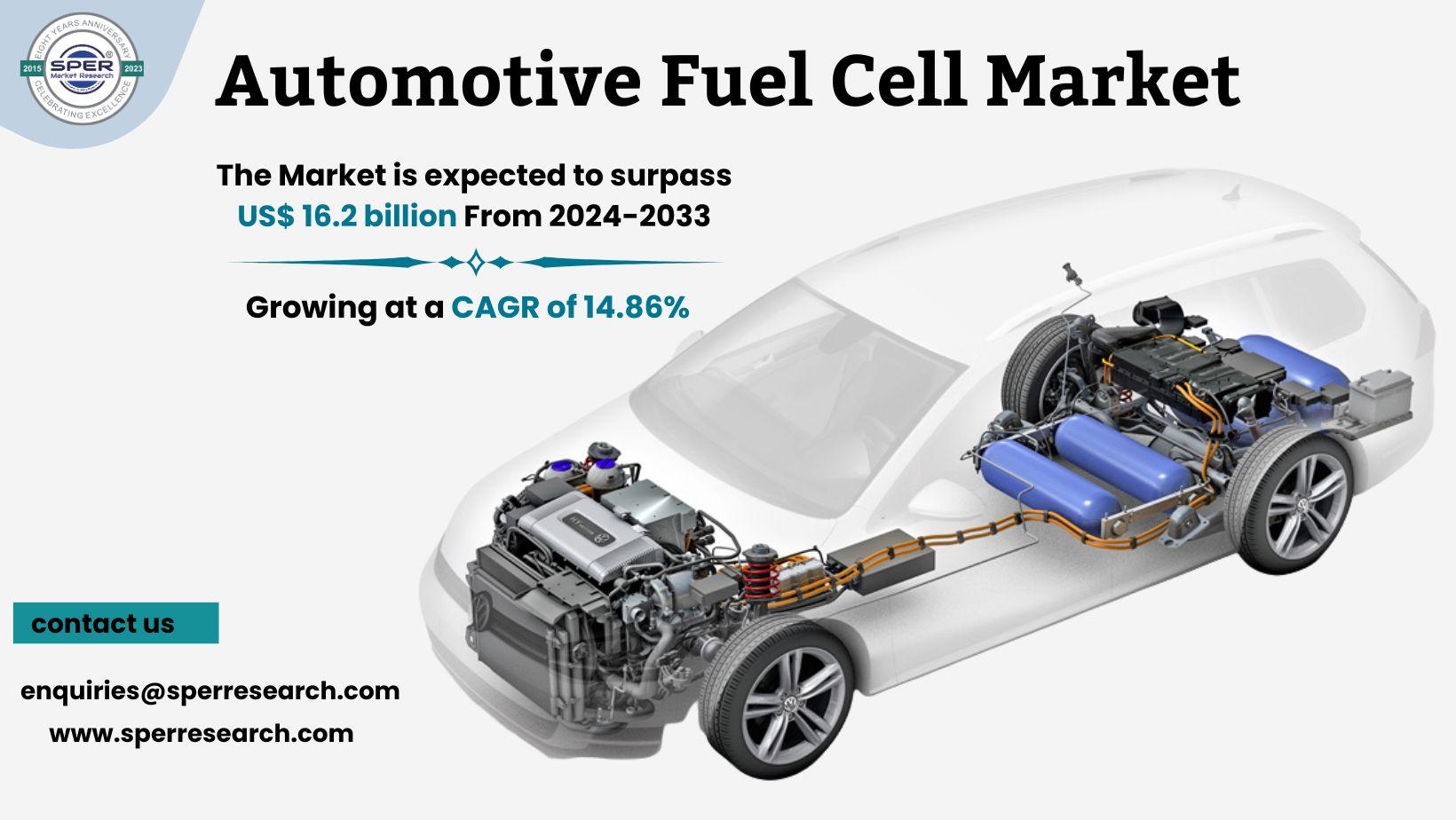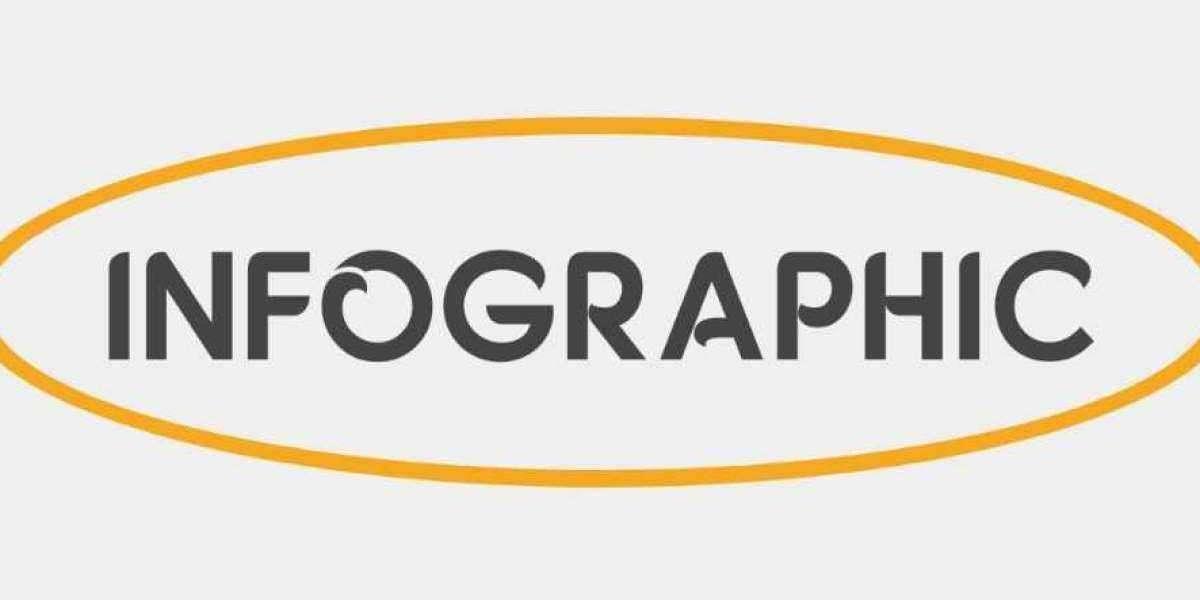Automotive Fuel Cell Market Trends and Growth Analysis 2034

An automotive fuel cell is a clean energy technology that powers vehicles by converting hydrogen gas into electricity through an electrochemical reaction, producing only water and heat as byproducts. In contrast to internal combustion engines, fuel cells generate no tailpipe emissions, which contributes to their eco-friendliness. The most prevalent type, Proton Exchange Membrane Fuel Cells (PEMFCs), is ideal for automotive applications because of its rapid start-up and high efficiency. With their longer driving ranges and quicker refueling times, fuel cell vehicles are well-suited for passenger cars, buses, and trucks looking for sustainable and efficient transportation alternatives, in contrast to battery electric vehicles.
According to SPER market research, ‘‘Global Automotive Fuel Cell Market Size, By Type, By Power Output, By Application -Regional Outlook, Competitive Strategies and Segment Forecast to 2034” state that the Global Automotive Fuel Cell Market is predicted to reach 16.2 billion by 2034 with a CAGR of 14.86%.
Drivers:
The increase in greenhouse gas emissions and the exhaustion of fossil fuel resources have spurred the creation of zero-emission vehicles, including electric cars and fuel cell electric vehicles. To hasten the uptake of fuel cell electric vehicles (FCEVs), which have longer driving ranges than battery-based electric vehicles (the latter being their non-zero emission counterparts), a number of research and development initiatives are in progress. Using hydrogen fuel cells to produce energy, FCEVs only emit water vapor as a byproduct, which helps to mitigate worries about air pollution and climate change. Additionally, to meet sustainability standards, governments globally have strengthened regulations on car emissions, leading to a rise in the number of fuel cell electric vehicles.
Automotive Fuel Cell Market Sample in PDF Format, Click Here
Restraints:
There are several major challenges that impede the growth of the automotive fuel cell market. High production costs, particularly for fuel cell stacks and hydrogen storage systems, make vehicles expensive compared to conventional and electric alternatives. The limited infrastructure for hydrogen refueling remains a major barrier, especially in developing regions. Hydrogen storage and transportation also pose technical and safety concerns, impacting supply chain efficiency. Additionally, low consumer awareness and confidence in fuel cell technology slow adoption. Strong competition from battery electric vehicles, which benefit from more established infrastructure and declining costs, further pressures the fuel cell vehicle market’s expansion and acceptance.
The automotive fuel cell market is experiencing its most rapid growth in the Asia-Pacific region, driven by various contributing factors.These countries are dedicated to cutting carbon emissions and consider fuel cell vehicles (FCVs) a crucial part of the solution for transport decarbonization. Some significant market players are are Acumentrics, Altergy, Ballard Power Systems, FuelCell Energy, Inc, Toshiba Energy Systems & Solutions Corporation, Plug Power Inc
For More Information, refer to below link: –
Automotive Fuel Cell Market Growth
Related Reports:
France Auto Parts and Accessories Market Growth
New Zealand Used Car Market Growth
Follow Us –
LinkedIn | Instagram | Facebook | Twitter
Contact Us:
Sara Lopes, Business Consultant — USA
SPER Market Research
enquiries@sperresearch.com
+1–347–460–2899



